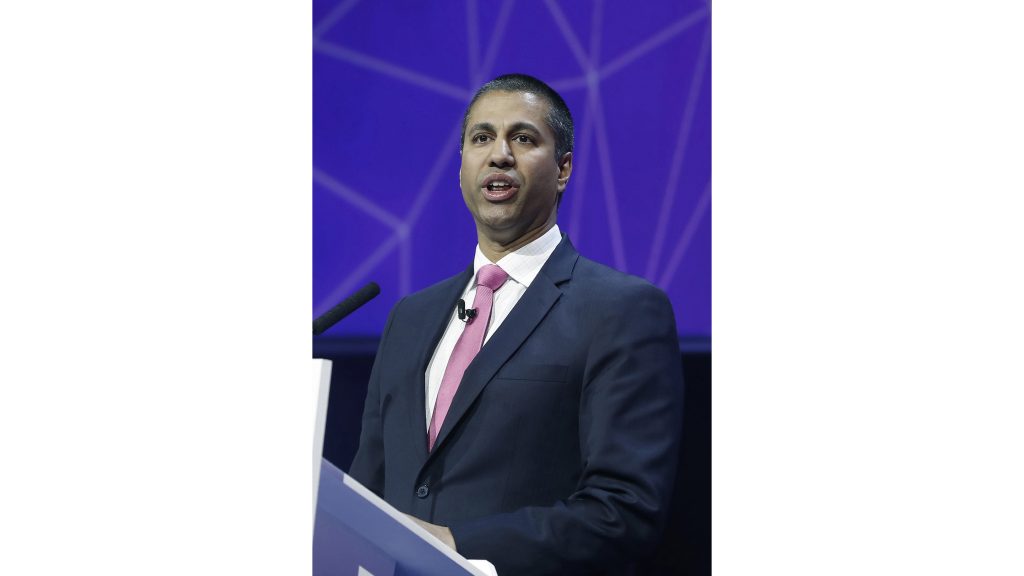Nonprofits such as the Crisis Center risk losing outreach with the end of Net neutrality. About half of the center’s contacts are by instant message.
For years, Net neutrality has been the status quo for Internet users. Net neutrality requires Internet service providers to offer access to all websites — no favorites.
The new pay-to-play system will lower speeds for those who can’t shell out enough money to compete with the Googles and Amazons of the world: small businesses, nonprofits, and average users, to name a few.
For mental-health care providers with an online client base, the proposed changes are especially alarming.
I became a volunteer at the Crisis Center in 2002 and joined its staff in 2012. I watched from the beginning as we built one of the country’s first online crisis-chat programs, which has now become a staple of crisis intervention.
RELATED: Letter to the editor: Working at the Crisis Center
We rely on online connectivity to reach the people who need it most — from teenagers self-harming in high-school bathrooms to rural Iowans struggling to cope as their farms suffer. Soon, bigger, more powerful sites will be able to fast-track their users while ours will be undercut and immobilized.
Chances are you know someone who has used a crisis-intervention service. There’s an increasing chance they received help online — talking to one of our many chat volunteers or staff, or texting a service, or even just going to our web pages to gather more resources for themselves.
Right now, all Iowans can access our free, confidential help via IowaCrisisChat.org. Without Net neutrality, chat is in danger.
Volunteers at the Crisis Center answer approximately 30,000 crisis contacts each year. About half of those are calls to the 24-hour hotline and half are chats. Soon, chat will surpass phone calls as the primary mode by which people in crisis get help. Demand is at an all-time high, but nationally, only 9 percent of chats are answered.
RELATED: Lee: Saving Net Neutrality means saving the free internet
At IowaCrisisChat.org, we are just beginning to find new, innovative ways to close the gap; but the FCC changed the rules, and we are losing control.
What we built over the last decade is under threat. This entire system, like much of the Web, was built with the assumption of open, equitable Internet in which everyone can participate. The FCC tearing Net neutrality apart literally puts lives at stake.
Imagine — all of our online services are hosted by companies that will likely have to negotiate with Internet service providers about how to make sure the websites they host are not left out in the cold. I have trouble picturing a country without Net neutrality in which we could continue to reach those who cannot find their voice.
We can no longer be silent about the need for Net neutrality and how it affects the thousands of people who turn to us for help.
– Beau Pinkham
Director of Crisis Intervention Services at The Crisis Center



